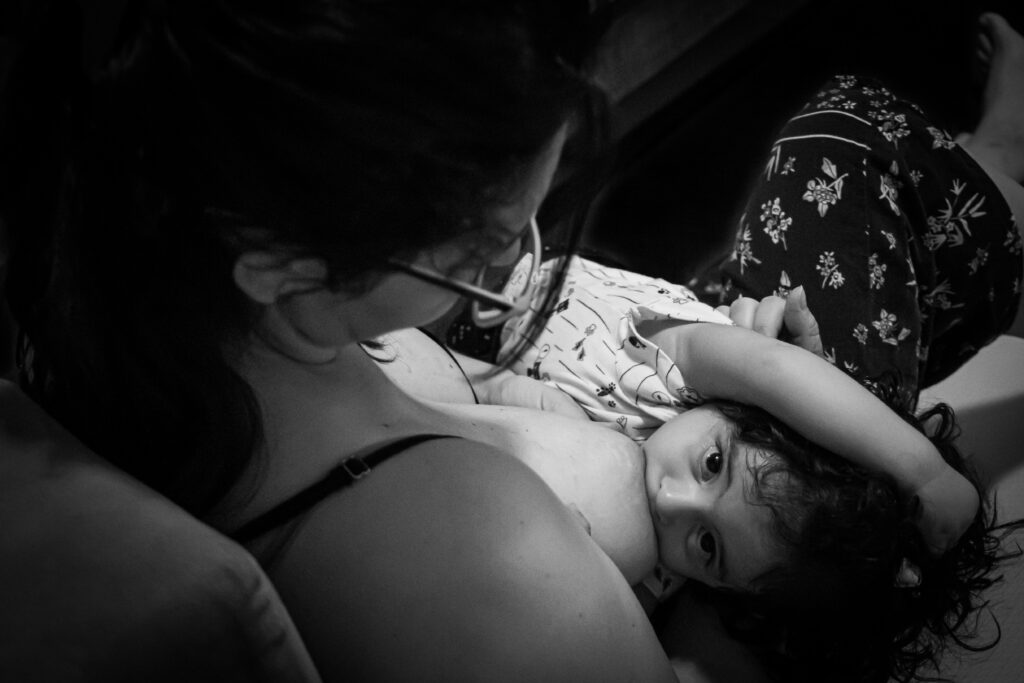 While breastfeeding can be a very personal experience, breastfeeding rates are indeed a public health concern. Research shows a correlation between breastfeeding and a lower risk of breast cancer, among other things. For this reason, global breastfeeding rates are important.
While breastfeeding can be a very personal experience, breastfeeding rates are indeed a public health concern. Research shows a correlation between breastfeeding and a lower risk of breast cancer, among other things. For this reason, global breastfeeding rates are important.
For World Breastfeeding Week, Policy and Public Affairs Officer Jennifer O’Mara of World Cancer Research Fund International looked at global breastfeeding rates.
While many places are seeing an increase in breastfeeding rates, some countries are seeing a decline. O’Mara looked at rates in her home country of Ireland, as well as globally, to see where things currently stand.
Global Breastfeeding Rates – A Decline in Breastfeeding in Ireland
While many public health departments and programs are focusing on and seeing an increase in breastfeeding, some places are seeing a decline. A country’s breastfeeding rate can help us understand a bit about their public health education, maternity care, parental support, and more.
As breastfeeding is associated with a lower risk of certain cancers and cardiovascular disease in women, and healthier weights and lower risk of metabolic disease in breastfed infants, it is important for places to work towards higher breastfeeding rates.
O’Mara found:
- Ireland’s 2019 breastfeeding at hospital discharge rate to be just 37%, down from 46% in 2016
- In 2013, only 15% of Ireland’s children were exclusively breastfed for 6 months
- The 2013 global average of children exclusively breastfed at 6 months was 38%
- The European average of children exclusively breastfeeding at 6 months was 25% in 2013
While all these numbers are lower than ideal, Ireland has a notably lower rate globally, and compared to other European countries.
Why Are Global Breastfeeding Rates Low?
Breastfeeding rates are multifaceted. They have always ebbed and flowed in different areas. Prior to the 20th century, however, commercial options were not influencing breastfeeding rates. From early to mid-20th century, we saw a steady decline in breastfeeding rates in many westernized countries.
There were many factors, such as women entering the workforce, especially during times of war. When commercial formulas were made, marketing was and remains extremely influential when it comes breastfeeding rates.
In fact, many parents around the world continue to be impacted by predatory marketing of infant formula.
It was not until the end of the 20th century and early 2000s that we started to see an increase in public education about breastfeeding. With more research being conducted and shared, the public began to be educated regarding the benefits of breastfeeding and the risks of not.
While some breastfeeding friendly policies have been adopted in higher income countries, it remains insufficient for all. While certain workplace laws may exist, they are not applied in all work environments. Many companies are also able to find loopholes leaving parents who return to work facing an inability to maintain supply.
How Do We Improve Global Breastfeeding Rates?
The World Health Organization created The Code for minimizing infant milk and food marketing. As an organization founded on public health, they recognized the importance breastfeeding.
While several countries signed The Code and attempted to implement it, several countries, including the US, did not participate. Formula companies also find loopholes to market, such as advertising toddler formulas and still creating brand awareness.
Public and professional education is vital for improving breastfeeding rates, as well as policies. Both government and medical facility policies can impact breastfeeding rates. Some hospitals have implemented the Baby Friendly Initiative which reduces in-hospital supplementation, encourages early latches, and is meant to provide early lactation support.
As a certified breastfeeding counselor, your role is to help individuals meet their personal breastfeeding goals. Providing prenatal education, breastfeeding initiation support, and ongoing basic lactation troubleshooting is a great way to make a difference in your community.
While O’Mara will not be able to solve Ireland or other countries low breastfeeding rates, her information can be used to help everyone work towards change.